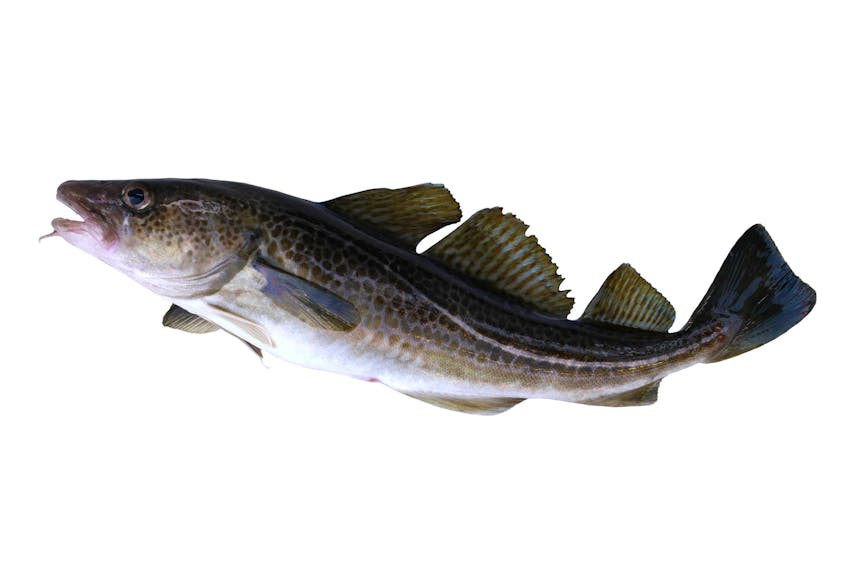Earlier this week I attended the DFO Groundfish advisory meeting together with various industry stakeholders. The meeting was designed to consider the latest DFO science on various groundfish, including northern cod, and to discuss various proposals for management measures for the 2018 season.
The Association of Seafood Producers (ASP), like others, submitted its position in writing. Local media soon got wind of one element of our proposal, calling for a ban on the recreational food fishery.
With that, the lines lit up, as the old saying goes.
A few points of clarity are required to separate fact from fiction.
First, ASP did not call for an end to the recreational fishery because it is causing the decline of the northern cod biomass. We said it should be ended because science does not know what the level of removals are from that fishery.
When we try to get a handle on any stock, we have to consider all fishing mortality, including this one. DFO Science said in their technical briefing on northern cod that, and I quote, “Removals from recreational fishery are unknown.”
Who thinks this is not an issue?
Second, calling for that to be addressed does not mean we do not think seals are an issue, as some have said. I was part of the federal Fisheries Resource Conservation Council (FRCC) when it issued its 2011 report on groundfish, and we had a whole chapter on seals, in addition to an appendix containing all the prior FRCC recommendations on seals, few of which have been followed.
Third, the stock is below the level it was in 1992. Yet we must also consider that it has grown 10-fold since 2006. That is remarkable, though the latest downturn is not what we had hoped for. It has grown even as we had an expanding seal population, an increased recreational fishery (by all appearances), and since 2016, an expanding stewardship fishery.
This is good news.
Yet the bad news cannot be swept under the rug: the biomass is down again, and short-term prospects are not good. That is why all stakeholders in that advisory called for some combination of reduced removals or effort from the stewardship and/or recreational fishery. On one point for sure, the industry consensus on the recreational fishery was clear: we need a better handle on removals, not a one-word answer — “unknown.”
To throw in some jargon, if we are to develop an appropriate set of harvest decision rules as part of our rebuilding plan efforts, all in keeping with DFO’s precautionary approach, and if total removals from all fishing sources is to be considered, then there is work to do.
Some have written me to tell me to spend my time focused on some other issue. I appreciate the career advice, but our call has gotten people talking, and that is a good thing. I’d say, mission accomplished.
And if (or when) you pull a fish (by which we Newfoundlanders and Labradorians mean cod) from the water this summer, be thankful, and do right by the resource as the resource has done right by us for so long.
Respect the limits, obey the rules, and stay safe.
Derek Butler
Executive director, Association of Seafood Producers








